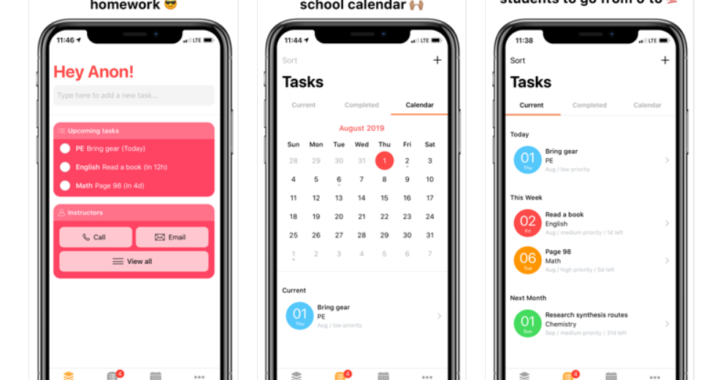How to Build An Online Learning Platform in 5 Easy Steps

Online learning has become a multi-billion dollar industry in the last decade, with more than 80% of companies using e-learning in their business. It’s no wonder that many entrepreneurs want to build an online learning platform of their own. Finding an elearning app development company to do the work for you may seem like the only step, but the process is a little more complicated.
In this article, we’ll show you how to build an e-learning website in five easy steps.
The Five Steps To Follow When You Build An Online Learning Platform
eLearning allows employees and students to continue their studies from anywhere in the world, usually at their own pace. The added benefit is that it requires much less time investment than a traditional classroom and is a lot more comfortable. If you want to create an e-learning website of your own, you should keep these benefits in mind for your marketing campaigns.
1. Find Your Speciality
Before building an e-learning platform, you have to decide what your niche is going to be. Some fields are a lot more competitive than others which is why picking a niche field to specialize in is a smart strategy because you will own the market. You can always grow and expand from there. You can build an online learning website that focuses on academic or business skills, language skills, or a more interest-based site where you can learn palm-reading and Tik-Tok dance moves.
2. Choose Your Features
Now that you know what you’d like to specialize in, you can create an online learning website with the relevant features to attract your audience. Do you want to launch an organizational learning management system where companies can share compliance training or onboarding courses? Or an online tutoring platform that matches teachers and students? Or a Massive Open Online Course with lectures and tests that anyone can join?
Depending on your needs, you may need features that include reports, testing, virtual classrooms, and video streaming. You should also insist on a user-friendly design.
3. Scope the Project
Once you’ve mapped out all the features you’d like to add, you can start working with your agency to scope the project. This includes establishing your budget and time frames, the functionality of the platform, the APIs, and the platform (web vs. app). Don’t forget to include extra time and budget for ongoing maintenance and bug fixes. You may also want to add additional features down the line.
4. Find The Right Agency Partner
Finding the right software developers can take time, but they will be responsible for the success of the project. It’s a good idea to look offshore. In countries like Ukraine and Eastern Europe, the developers are highly skilled and fluent in English but charge a third of the price of a US-based developer. They can guide you through the whole process and help you determine what you will need in the future.
5. Test and Improve
Your development team will create a Minimal Viable Product known as an MVP for testing. You should test your product with a small sample of students/teachers/workers to make sure it works. The MVP will contain the minimum amount of features needed to convey what the product is about to your users. You’ll use the feedback they give you to improve the core functionality and add new features based on their requests. Successful platforms always involve testing out different ideas to improve user experience, so don’t be afraid to experiment and make changes to your product roadmap along the way.
Conclusion
Now that you know how to build an online learning platform, you can get started! Remember to look for an agency that can deliver an excellent product at a lower cost and keep testing and maintaining your platform over time. Good luck on your e-learning journey!

 5 Tips to Excel in Online Learning Environments
5 Tips to Excel in Online Learning Environments  Top 10 Careers in Data Science
Top 10 Careers in Data Science  Tutor John W From DoMyEssay Shares A Brief Guide On How To Write Fiction
Tutor John W From DoMyEssay Shares A Brief Guide On How To Write Fiction  8 Best Homework Apps for College in 2022
8 Best Homework Apps for College in 2022  5 Tips to Improve Your Instagram Engagement Rate
5 Tips to Improve Your Instagram Engagement Rate